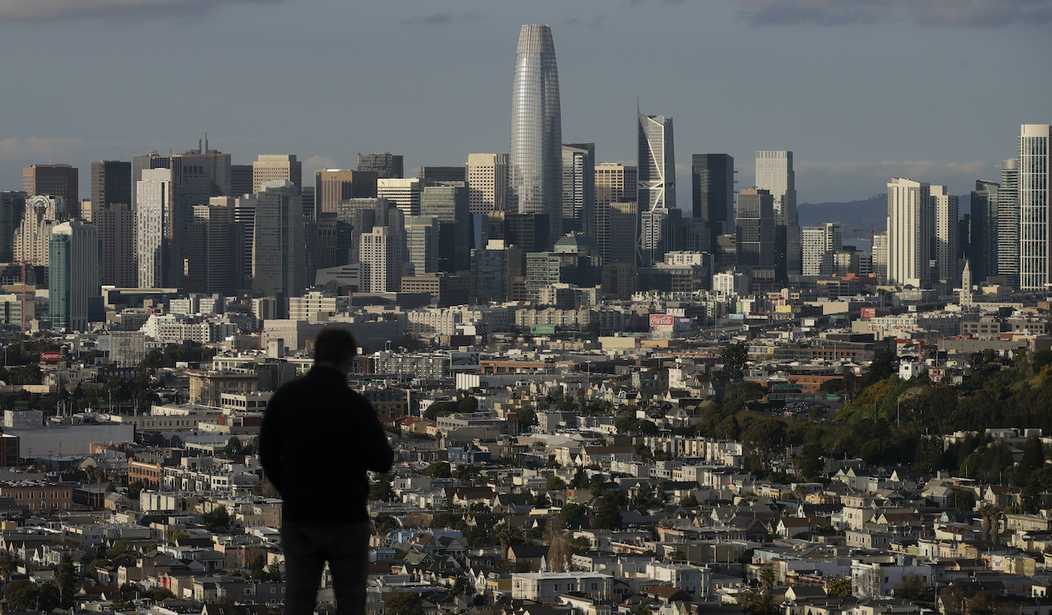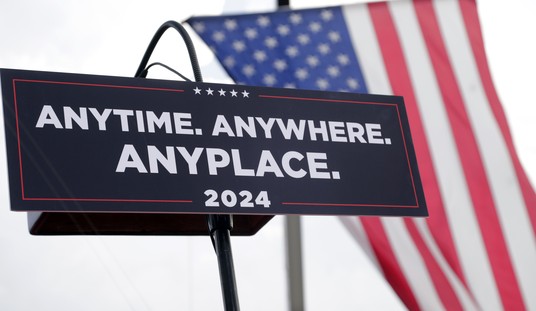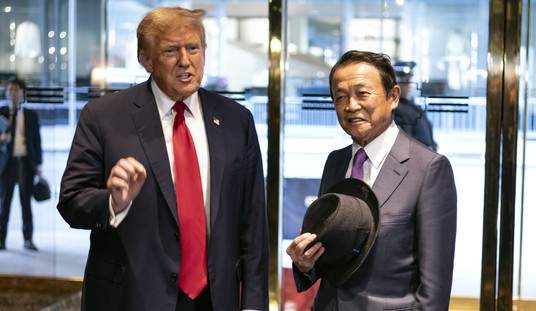It’s virtue signaling at a city-wide scale and it’s probably not doing anything except making things more expensive for the city of San Francisco.
Back in 2016 the San Francisco Board of Supervisors enacted chapter 12X of the city’s administrative code. That rule prohibits the city from funding any travel to certain states with anti-LGBT laws and also prevented the city from making contracts with businesses in those states. Texas was added to the boycott over a law which prohibited trans athletes from competing in sports.
In 2019, chapter 12X was expanded to include more states, this time those who weren’t sufficiently supportive of abortion rights. New Hampshire was added to the list because it recently passed a law banning abortion at 24 weeks.
In 2021, chapter 12X was amended again to prevent travel and business with states with “voter suppression laws.”
As a result of all of this, the city of San Francisco is now boycotting business with more than half the states. A memo issued earlier this month by the City Administrator included list of the states where the city can and cannot do business.



Does any of this matter? A story published yesterday by Mission Local says no one really knows.
It will come as little surprise to anyone familiar with the M.O. of San Francisco government that we have no tests nor audits nor analysis nor methodology to determine if our travel bans or boycotts are making any difference for the good.
In 2016, the idea may have been to set a precedent that others would follow. But other cities haven’t followed San Francisco’s lead. And the city’s budget, while large, isn’t big enough to have a significant impact on half of the Unites States.
But while the boycott may not be doing much harm to the states, it probably is making things harder on San Francisco itself. City Administrator Carmen Chu, who sent out the memo this month, told Mission Local, “It limits our ability to procure products and receive services and contract services we need to run.” She added, “It limits competition for our work.” Less competition means higher prices. So the city is likely paying more for a boycott which isn’t having an impact.
One city department head told me about a contract in which the majority of bidders were disqualified due to the companies being headquartered in banned states. And when San Francisco obtains products from companies in blacklisted states through a third-party vendor, it both drives up costs and mitigates any possible impact of the boycott.
That doesn’t make much sense, especially with inflation rising to 40-year highs. Even the former Supervisor who created chapter 12X has had second thoughts about it.
“I’ll be honest, over time I have come to have mixed views on the approach,” says Wiener, now a state senator. “On the one hand, I believe in using our dollars to express our values. When you have a state like Florida right now, which is about to enact its horrific ‘Don’t Say Gay’ law, the idea of spending our public dollars in Florida is an affront.”
“But on the other hand,” Wiener continues, “we know that an awful lot of Floridians, maybe the majority, don’t support that law. There is a huge LGBTQ community in Florida, including many LGBTQ-owned businesses. We are sweeping in an entire state, and sweeping in businesses owned by people who are trying to help. So, it’s complicated and I have become very conflicted and I argue with myself.”
“It is fundamentally not as straightforward an issue as I once believed.”
San Francisco isn’t doing this because it works or because it makes sense. It’s doing it because it feels good to pass judgment on the rest of the country. Here’s a thought. Maybe San Francisco should drop the boycott and focus on some of its own serious and ongoing problems?








Join the conversation as a VIP Member